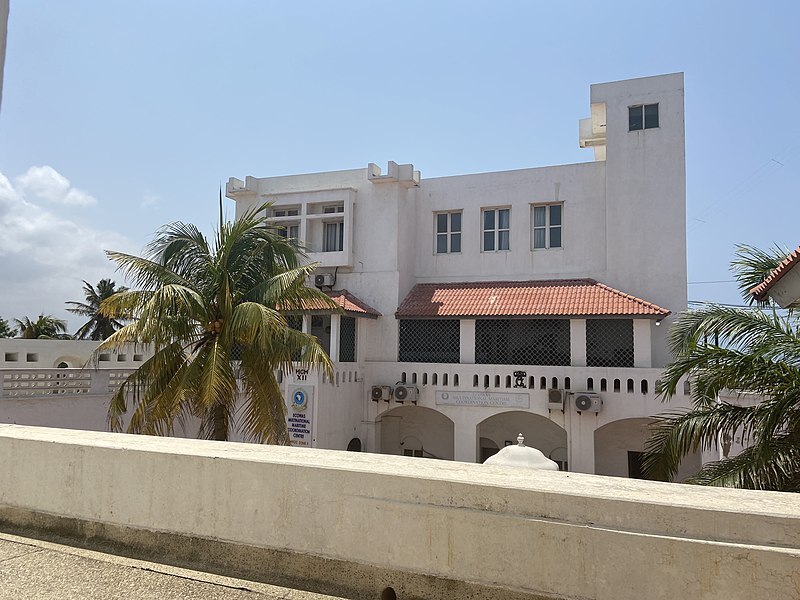Capital by default
The capital of Ghana before Accra was Cape Coast, a coastal city in the Central Region of Ghana. It was the capital by default because the colonial government had its first trading post and offices there. The governor also lived in Cape Coast and managed the then three regions of Ghana – Central, Western and Eastern – from there.
Locations
The governor administered British trade from the Cape Coast castle, located at the southern section of the city. Today, the ruins of warehouses and goods depots have become historical symbols of the once flourishing commerce.
The administrative offices were located on ridges in the east of the city, opposite now Holy Child College. This site, called Amoa Kofua, had the official residence of the governor. Today, the same premises serve as the offices and living quarters for the central regional minister.
Before the official residence, the governor lived in a private house at Chapel Square. That building now called Heritage House serves as offices for government departments.
Why was the capital of Ghana transferred from Cape Coast to Accra?
The capital of Ghana was transferred from Cape Coast to Accra in 1899 following massive riots over taxation. The residents protested the methodology for taxation which assessed obligations by the number of windows on a building. The residents reasoned that it was an unfair metric because Fantis naturally like excessive windows. The people were further outraged when the governor delegated his clerk to explain when the Fantis had demanded the Governor explain in person.
Massive protests
Incessant demonstrations followed because the residents felt disrespected. Eventually, they told the British to leave. The. British had to oblige because the government did not have the rights to the land they occupied. All lands siting the property of the administration belonged to wealthy Fanti merchants. Strikes occurred. The colonial government suffered because then the Fantis were the most educated in Ghana.
They therefore constituted the majority of the administrative staff and interpreters of the them colonial government. The continual absence from work grounded officialdom. Lastly, the government was terrified that the protests might spill over to other regions and engineer a revolt or a renewed agitation for independence. Priorly, there had been sporadic agitations for self rule. Gold Coast was of such an immense political and economic significance that a loss of the territory would be consequential to then production-dependent Great Britain.
The British give up
So eventually in 1877 the British left Cape Coast to relocate the capital in Accra. Upon relocation, the governor first run affairs from the Osu castle before moving to the Flagstaff House, which is the seat of government today.
UNIQUENESS OF CAPE COAST
Cape Coast is a unique city even before it became the first capital of Ghana. The Metropolis had traded with major European commerce-oriented countries in Africa than any other city. The
- Swedish
- Portuguese
- Danish
- Dutch, and
- British
all once had mercantile posts in Cape Coast.
